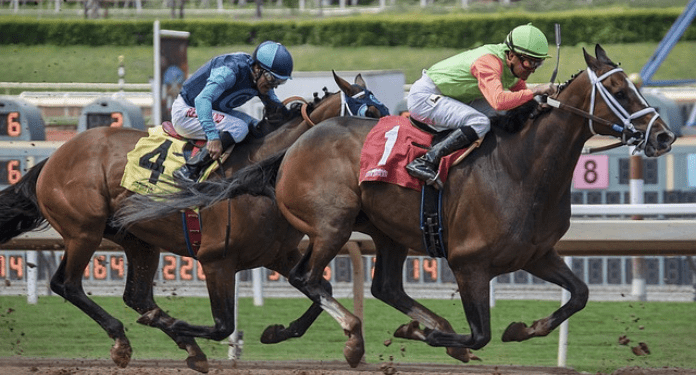São Paulo councilors are facing a significant legislative decision. The bill, proposed by councilor Xexéu Trípoli (PSDB), aims to ban horse racing with betting in the city.
Tripoli, when defending the proposal, highlighted: “We are in the 21st century and we cannot let animals suffer for human entertainment.”
This initiative reflects a growing movement to raise awareness about animal welfare, challenging traditional entertainment practices.
Impact on the São Paulo Jockey Club
The historic São Paulo Jockey Club, founded in 1875, faces a direct challenge with this proposal. The project requires establishments operating horse races with betting to cease their activities within 180 days.
Penalties for non-compliance include warnings, fines calculated based on the capacity of patrons, and suspension of the operating license.
The club, a landmark in the city’s history, did not comment on the project, despite the significant implications.
Legal context and financial repercussions
Councilor Tripoli also addressed the existing legal contradiction, citing: “The practice of gambling is prohibited in the national territory, which already indicates a clear direction to prohibit the practice of betting, even on sporting results”.
He highlights the paradox of allowing horse racing with betting, while other animal practices are prohibited.
The Jockey Club, facing financial problems and a IPTU debt of more than R$100 million, remains in a delicate position.
Future perspectives and public debate on horse racing
Voting on this bill will not only decide the fate of horse racing in São Paulo, but will also reflect attitudes towards the treatment of animals in entertainment activities.
The Jockey Club’s lack of dialogue on the matter, as noted by Tripoli – “They never looked for me. It seems like they’re not worried about it” – suggests uncertainty about the future of these practices.























































